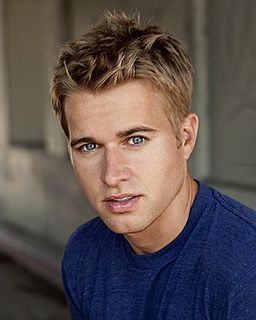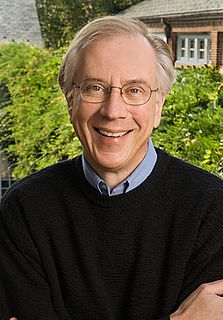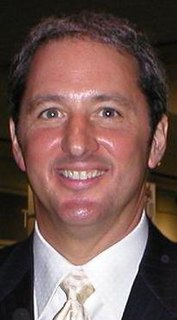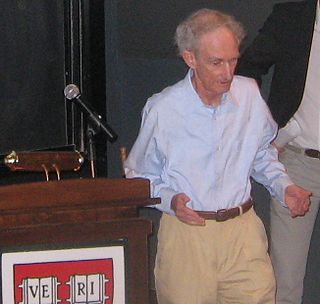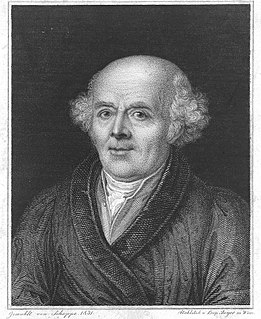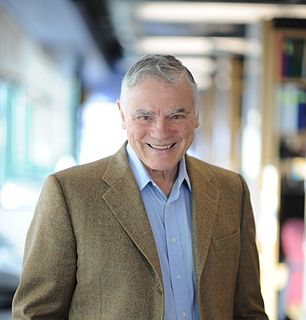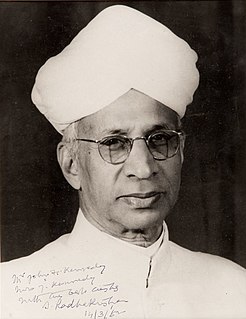A Quote by Sam Kean
Even if we never cure a single disease, the Human Genome Project and other ventures will have been worth it.
Related Quotes
The ever quickening advances of science made possible by the success of the Human Genome Project will also soon let us see the essences of mental disease. Only after we understand them at the genetic level can we rationally seek out appropriate therapies for such illnesses as schizophrenia and bipolar disease.
Though social eugenics was discredited long ago, we still often think of the genome in quasi-eugenic terms. When we read about the latest discovery of a link between a gene and a disease, we imagine that we've learned the cause of the disease, and we may even think we'll get a cure by fixing the gene.
In all probability the Human Genome Project will, someday, find that I carry some recessive gene for optimism, because despite all my best efforts I still can't scrape together even a couple days of hopelessness. Future scientists will call it the Pollyanna Syndrome, and if forced to guess, I'd say that mine has been a way-long case history of chasing rainbows.
As a Christian, but also as a scientist responsible for overseeing the Human Genome Project, one of my concerns has been the limits on applications of our understanding of the genome. Should there be limits? I think there should. I think the public has expressed their concern about ways this information might be misused.
In truth , mankind cannot be saved from without, by schoolmasters or any other sort of masters: it can only be lamed and enslaved by them. It is said that if you wash a cat it will never again wash itself. This may or may not be true : what is certain is that if you teach a man anything he will never learn it; and if you cure him of a disease he will be unable to cure himself the next time it attacks him.
Frequency generators have been around for decades. Royal Rife was using frequencies in the 1920's and 1930's to cure cancer. Today there are several machines using frequencies to balance out a person's energy thus eliminating the energetic frequency of the imbalance or disease. When the frequency of the disease you have has been neutralized, the disease goes away. These machines absolutely, 100 percent allow the body to virtually cure all diseases.
Recently, results of the Human Genome Project have shattered one of Science's fundamental core beliefs, the concept of genetic determinism. We have been led to believe that our genes determine the character of our lives, yet new research surprisingly reveals that it is the character of our lives that controls our genes. Rather than being victims of our heredity, we are actually masters of our genome.
Every effective drug provokes in the human body a sort of disease of its own, and the stronger the drug, the more characteristic, and the more marked and more violent the disease. We should imitate nature, which sometimes cures a chronic affliction with another supervening disease, and prescribe for the illness we wish to cure, especially if chronic, a drug with power to provoke another, artificial disease, as similar as possible, and the former disease will be cured: fight like with like.
Homeopathy did not merely seek to cure a disease but treated a disease as a sign of disorder of the whole human organism. This was also recognized in the Upanishad which spoke of human organs as combination of body mind and spirit. Homoeopathy would pay an important part in the Public Health of the country along with other systems. Medical facilities in India are so scanty that Homoeopathy can confidently visualize a vast field of expansion.







